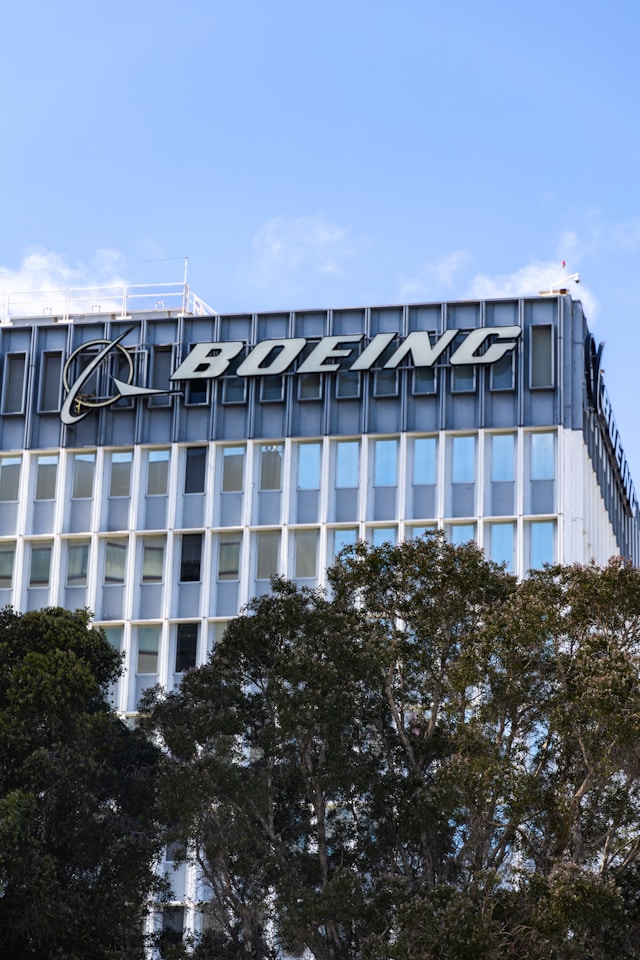Oracle Share Price Analysis: Bearish Phase, Valuation Signals and Bullish Reversal Outlook
$154.97
04 Feb 2026, 11:45

Unsplash.com

As the aircraft manufacturer strengthens its finances after suffering severe damage from a devastating strike, Boeing is getting closer to a plan to raise about $15 billion through ordinary shares and a mandated convertible bond, but the timing is still unknown, four people with knowledge of the situation told Reuters.
The business stated in regulatory papers on Tuesday that it may have to raise up to $25 billion in debt and equity, jeopardising its investment-grade credit rating. One of the individuals issued a warning, saying that Boeing might not be able to resolve its current problems with a $15 billion sale.
Since a door panel blew off a 737 MAX airliner in flight in early January, the aerospace giant has been grappling with heightened regulatory scrutiny, production limitations, and a loss of trust from consumers. Wednesday's share price increase was 1%, while this year's losses have exceeded 40%.
Due to its year-long cash burn, Boeing said on Tuesday that it will seek funds through the capital markets and that it has signed a $10 billion credit deal with four major lenders: JPMorgan, Citibank, Bank of America, and Goldman Sachs.
Representatives from those lenders, according to four banking and investor sources, were enquiring about interest in a combined offering of new shares and a mandated convertible bond, which is a hybrid bond that has the potential to convert into equity on or before a set date.
The sources stated that the corporation is considering selling about $10 billion in new shares in addition to approximately $5 billion of obligatory convertible bonds.
Even though Boeing used less free cash than anticipated in the third quarter, according to two of the individuals, the aircraft manufacturer could be forced to take action before the strike ends in order to maintain its investment-grade status.
It is anticipated that the funding will lessen the impact on current shareholders, whose equity ownership may decrease when a business issues new shares.
Since rating agencies can regard these hybrid bonds as equity capital, issuing them would not increase debt to the same degree as selling bonds, which is why an obligatory convertible option was being explored. They are more accommodating to current owners because stock conversion will occur at a premium and in a few years.
Boeing, heavily indebted and determined to maintain its investment grade ratings, has no choice except to raise equity capital.
S&P, Moody's, and Fitch, the top three rating agencies, have threatened to downgrade Boeing to junk grade if it continues to issue debt in addition to the about $11 billion in debt that matures on February 1, 2026.
(Sources: investing.com, reuters.com)